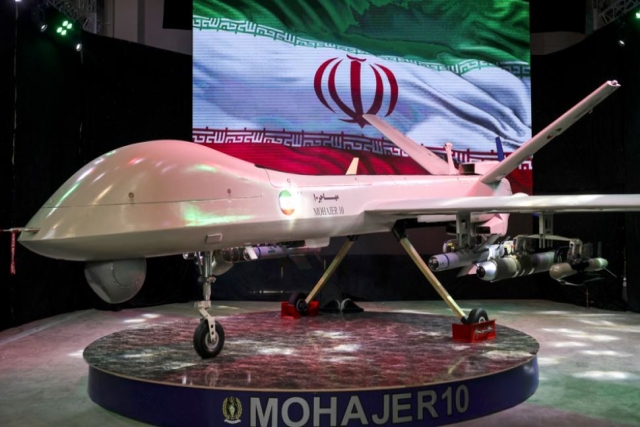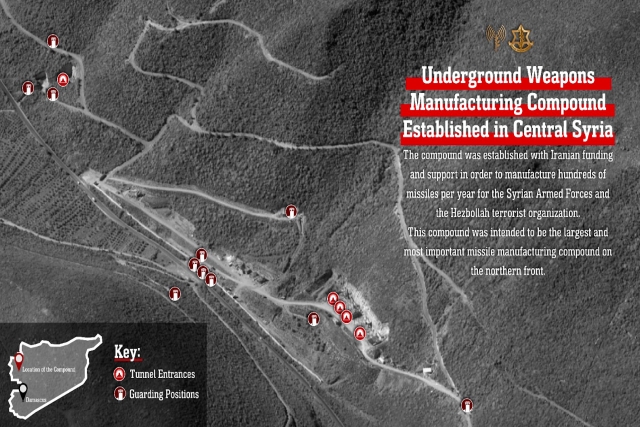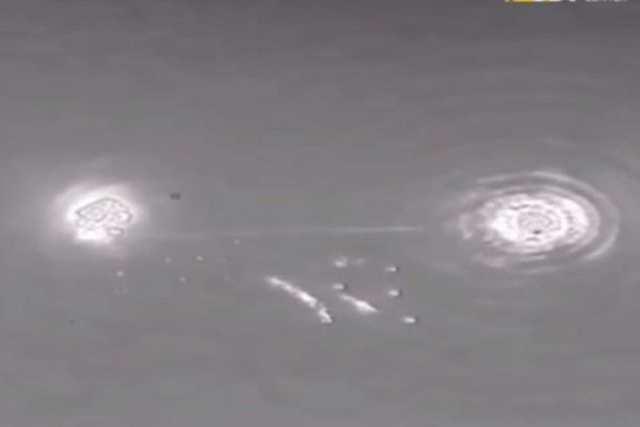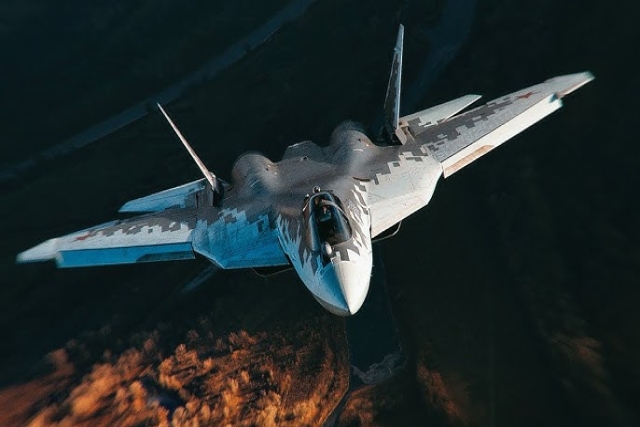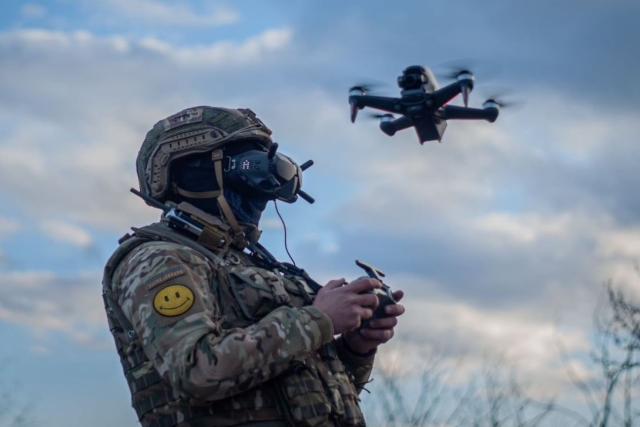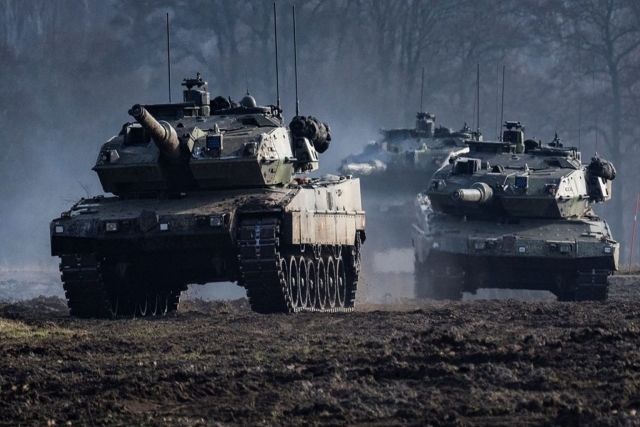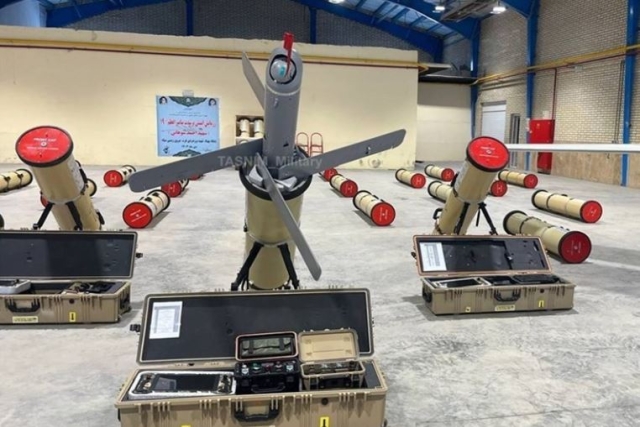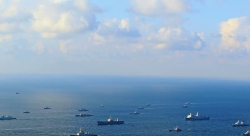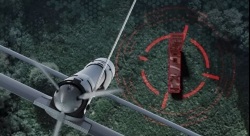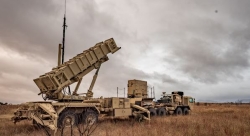Iran's Military Readiness Heightens Amid alleged Israeli Threats to Attack Nuclear Sites
Tehran bolsters its defenses, including nuclear site protection, as Israel allegedly considers striking its nuclear facilities in response to security threats.
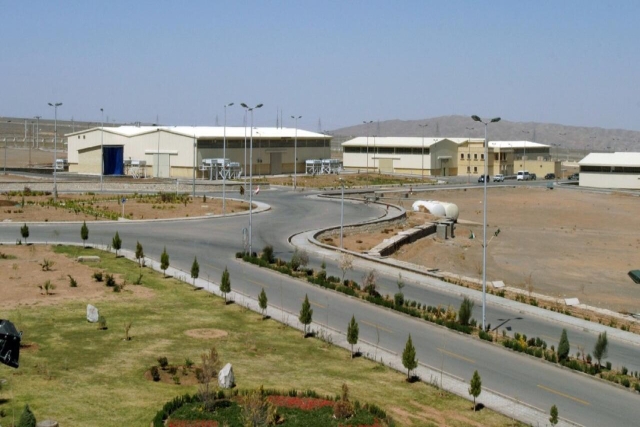
Iran has ramped up its defense posture, holding large-scale military exercises, including those to protect its nuclear facilities, and preparing for a possible escalation following alleged increasing Israeli threats.
These tensions come as Israel considers attacking Iran’s nuclear facilities in response to ongoing security threats and U.S. President Joe Biden's push for action before the transition of power to President-elect Donald Trump.
Multiple recent reports have claimed that the Israeli military is planning to target Iranian nuclear sites as part of its response to persistent Houthi missile and drone attacks on Israel. These attacks have been linked to Iran’s support of the Houthi rebels, increasing Israeli fears of a growing nuclear threat from Tehran. The potential attack is viewed as an urgent matter, with Israel’s defense officials concerned that Trump may prioritize a nuclear deal with Iran over military action once he assumes office on January 20.
Iranian Foreign Minister Abbas Araghchi recently stated that "2025 will be an important year" for Iran's nuclear issue, following a meeting with his Chinese counterpart in Beijing. He did not mention Donald Trump or explain the significance of 2025, though his comments may reflect concerns over Trump's return and its potential impact on Prime Minister Netanyahu's position.
The latest IAEA quarterly report, published in November, states that Iran has accumulated 182.3 kg of 60% enriched uranium, enough for four nuclear bombs. This is an increase of 17.6 kg since August. While uranium must be enriched to 90% for nuclear weapons, experts note that the transition from 60% to 90% is a quick, "technical" step, achievable in days or weeks.
Senior U.S. military officials, including Vice Admiral Brad Cooper of CENTCOM, have held meetings in Israel to discuss the delayed shipment of U.S. weapons. These talks focus on assessing Israel's readiness for a possible attack on Iran's nuclear infrastructure. The delayed shipment reportedly includes 1,700 heavy bombs, 134 bulldozers, and additional weapons. About 1,300 bombs for the Israeli Air Force remain frozen due to concerns over potential harm to Gazan civilians. Half of the shipment, purchased by Israel in shekels, has arrived, while the rest is still in U.S. warehouses.
While Netanyahu has been vocal about potential strikes, U.S. President-elect Trump has not ruled out supporting Israeli military actions against Iran, even as he may push for a shift towards diplomatic negotiations. However, Israel’s top brass is reportedly waiting to assess Trump’s stance before proceeding with any action, considering that any move could dramatically alter the region's security dynamics.
Israel reportedly destroyed Iran’s S-300 radar on April 19 and other systems on October 26, leaving Iran’s nuclear program vulnerable. Tehran had three deterrents, but Hamas, Hezbollah, and Iran’s missile threats are currently ineffective.
Iran, for its part, has prepared a robust defense strategy. On January 7, Iran’s air defense forces conducted a joint exercise with the Islamic Revolutionary Guard Corps (IRGC) to safeguard its Natanz nuclear facility from aerial threats. Iran’s military has also made significant advancements in air defense systems and plans to showcase its underground missile and drone facilities during its ongoing "Payambar-e Azam 19" military drills. In the face of these mounting threats, Iranian officials have made clear their determination to respond harshly to any aggression, emphasizing their readiness to defend the country.
On January 8, Brigadier General Mohammad Pakpour, commander of the IRGC Ground Force, stated, "Our readiness to defend the country is at the highest level," during the 'Payambar-e Azam 19' military exercise in western Iran.
Simultaneously, Iran is also preparing for a large-scale naval exercise in the Persian Gulf later this month, which will involve around 300 combat vessels. In addition, Iran’s strategic air and ground defense capabilities are being enhanced, as evidenced by the installation of new and ‘secret’ air defense systems near critical locations across the country.
“Iran has been fully prepared since long ago for big and complicated battles on any scale,” IRGC Spokesperson General Ali Mohammad Naeini said on Monday.
